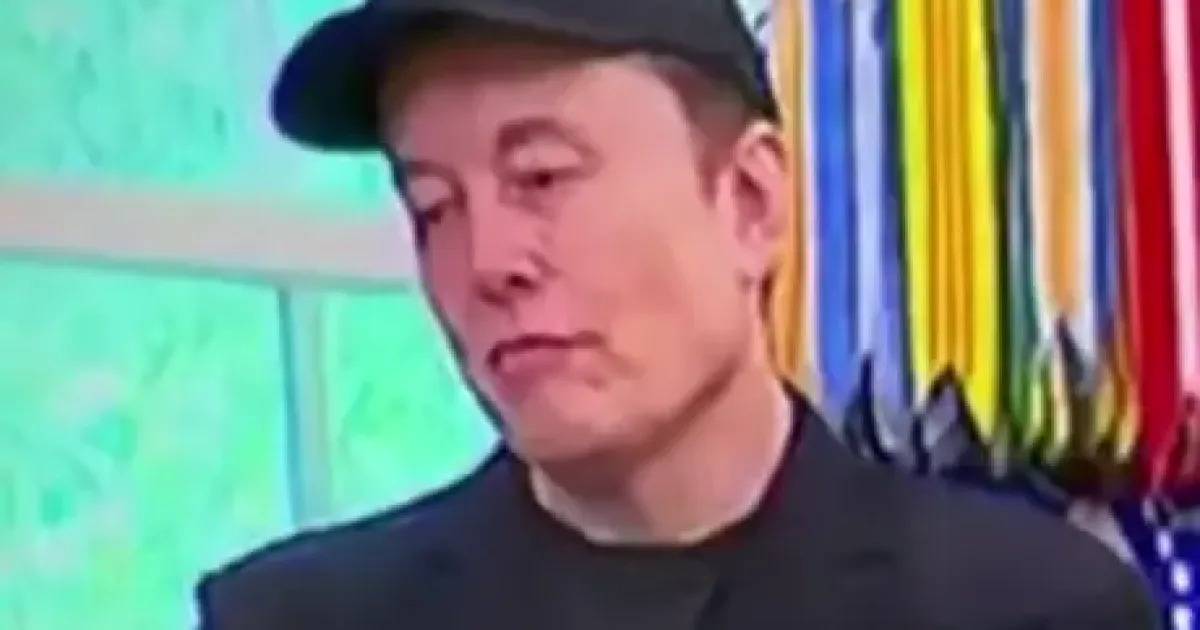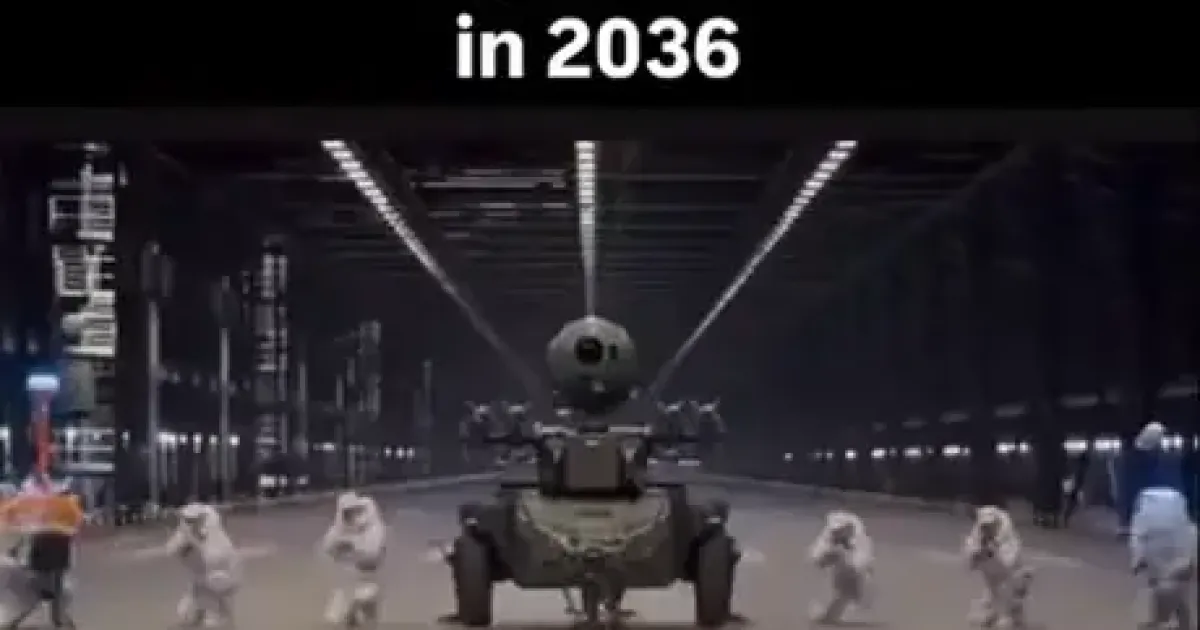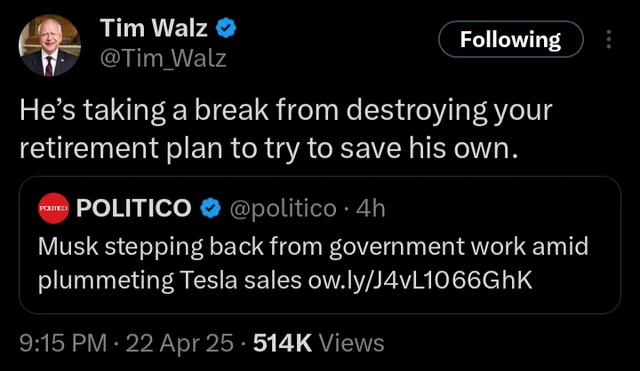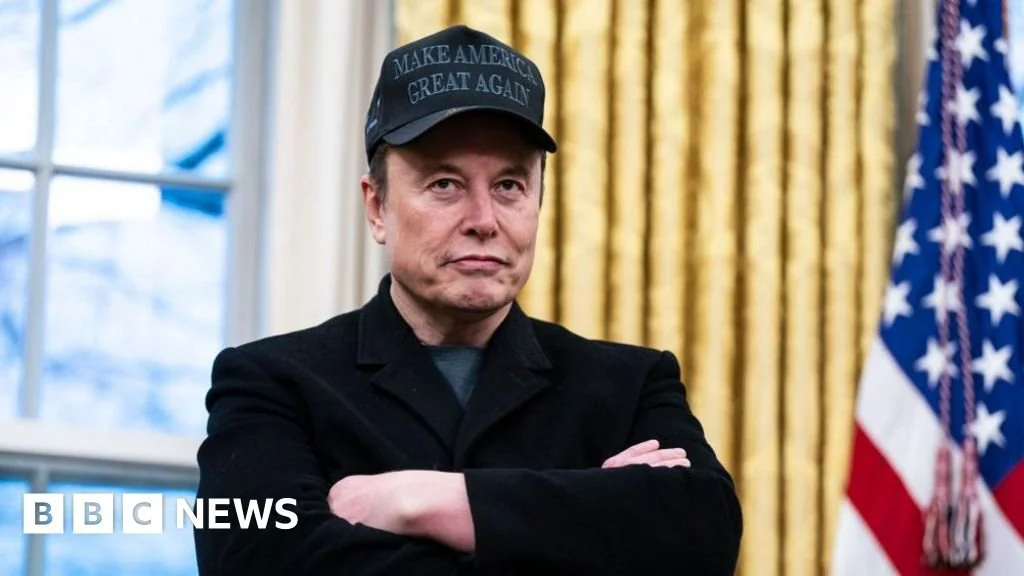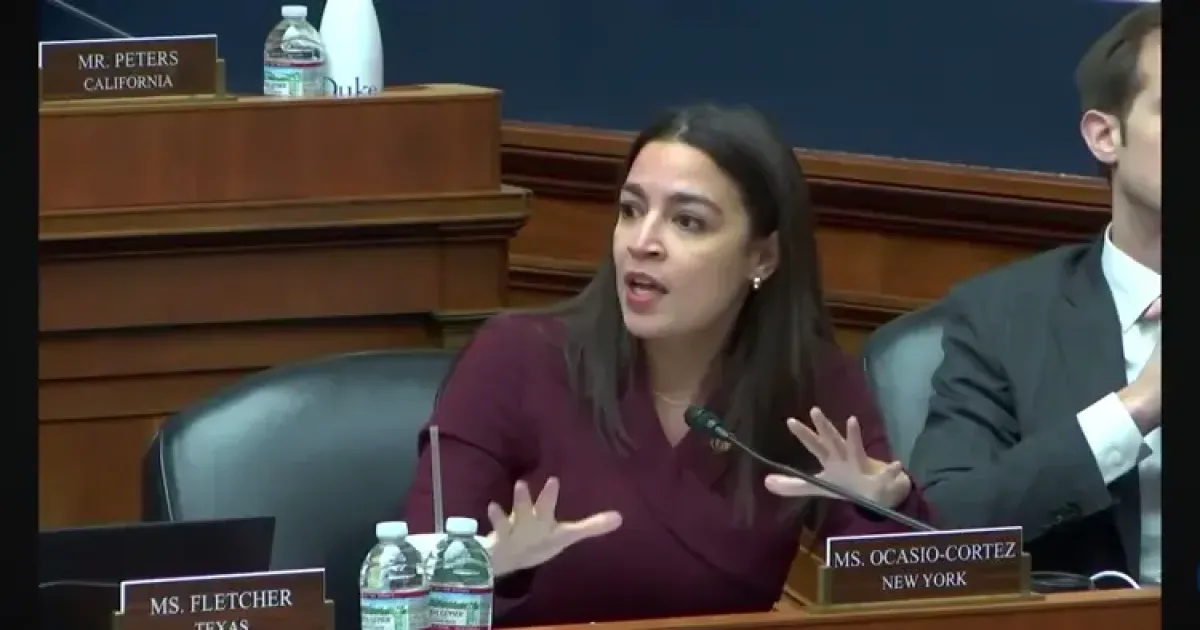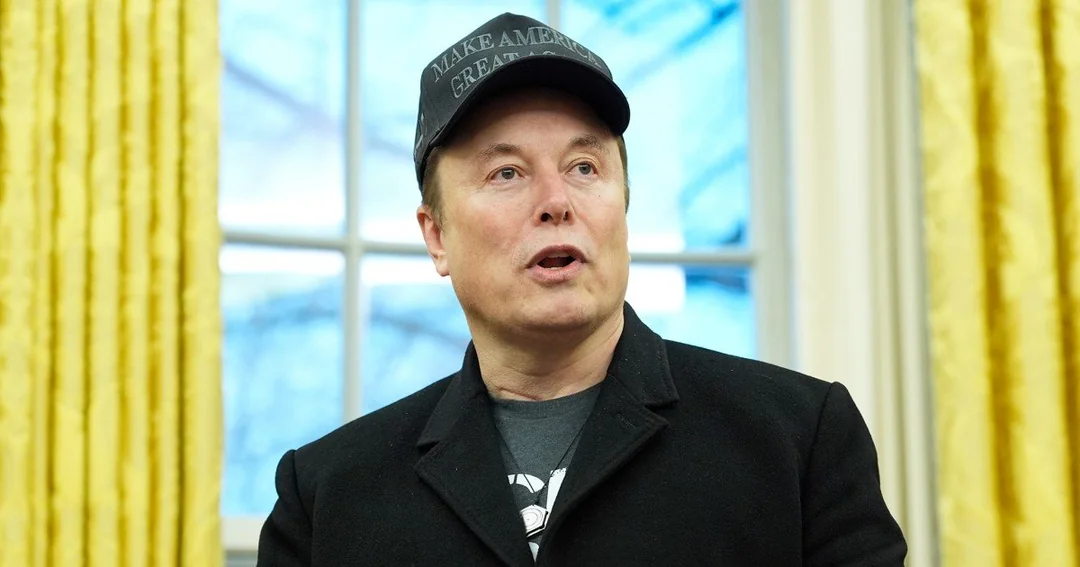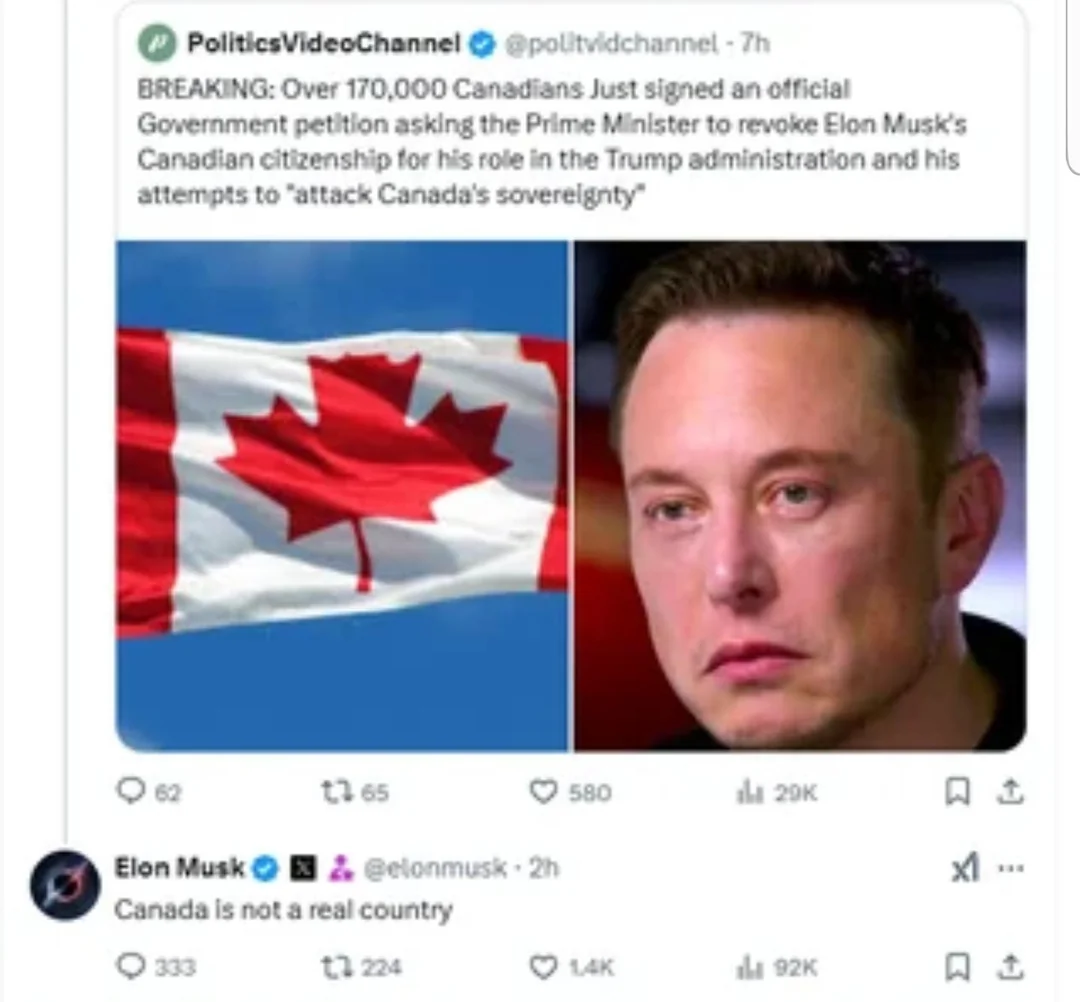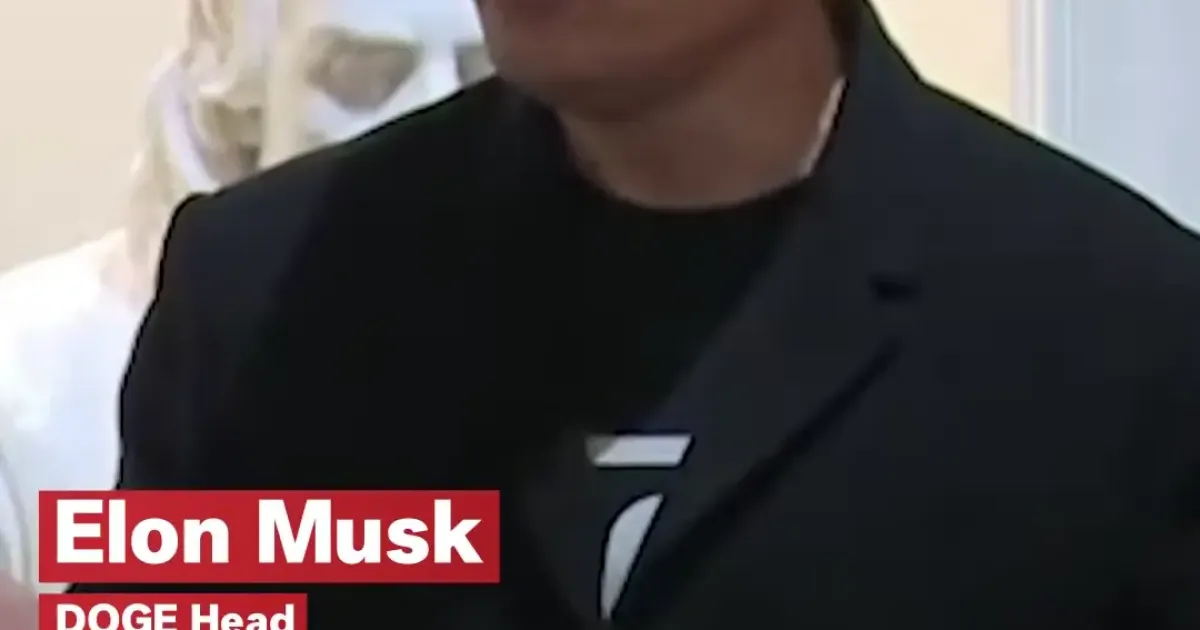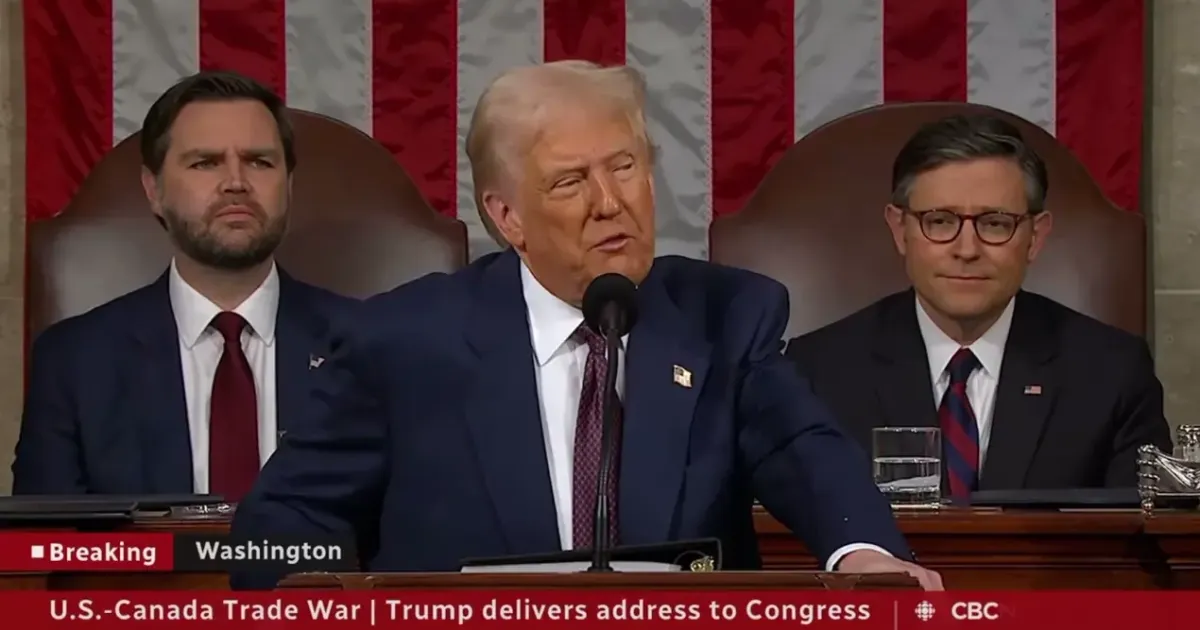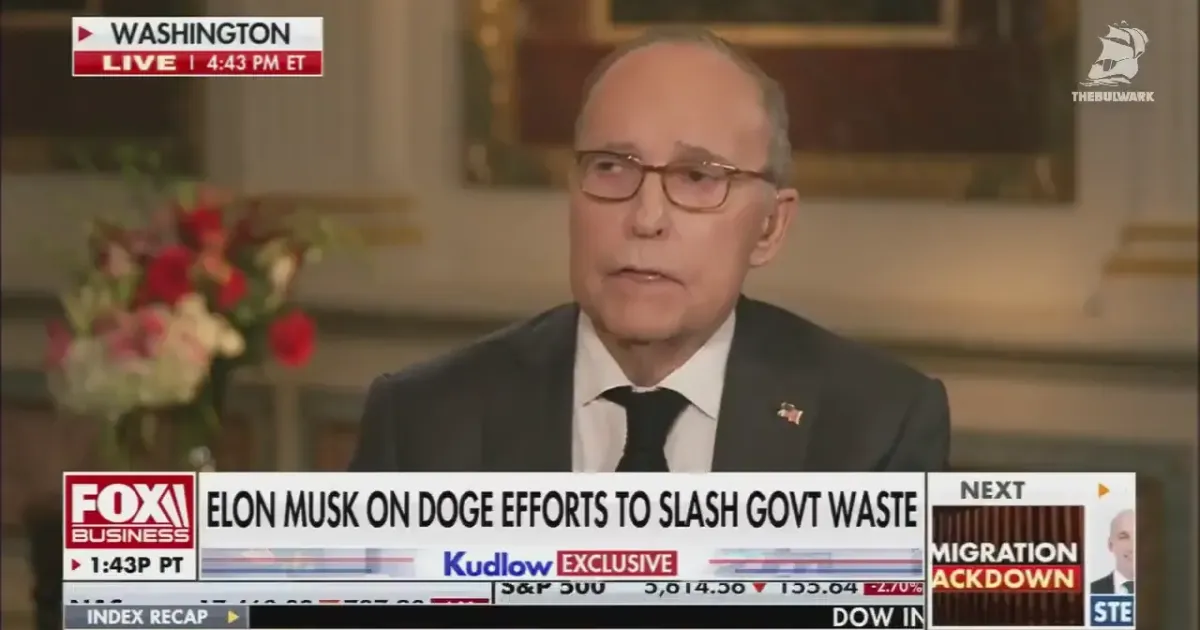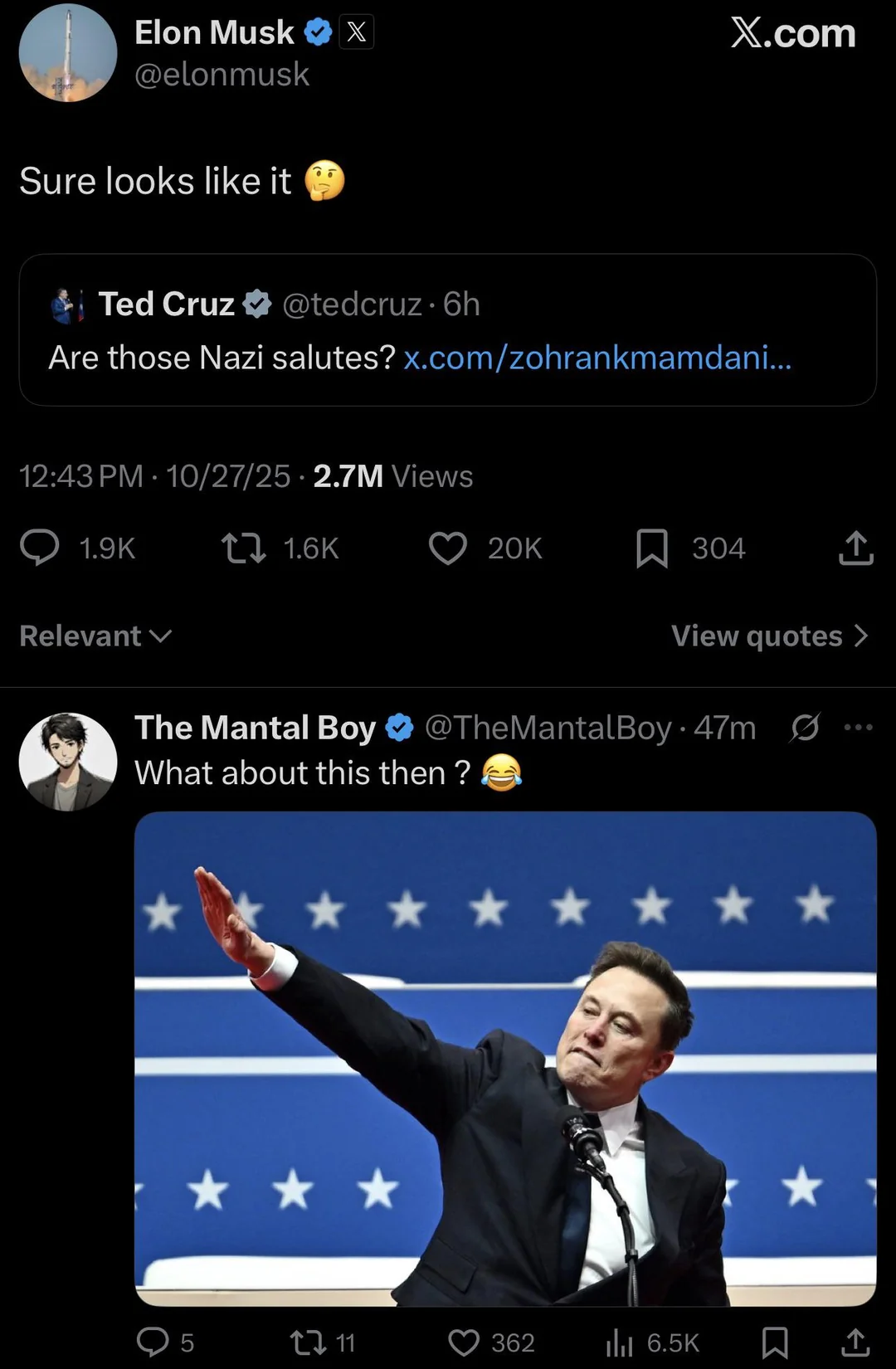
Britain wants to get close to Trump. Will Elon Musk stand in the way?
#News #UK
It was not the start to 2025 that Keir Starmer wanted or expected: in the early hours of New Year’s Day, Elon Musk lobbed a series of angry posts and allegations towards the British prime minister, engulfing his government in a very public fight.
In the days since, the world’s richest man has dredged up a painful, years-long scandal over grooming gangs and pushed for the release of Tommy Robinson, an imprisoned far-right agitator with a swelling social media following.
The tech billionaire, who played a prominent role in US President-elect Donald Trump’s election campaign, has posted or reposted on X about child sex abuse cases in the UK more than 50 times this week.
He has called for Starmer and his safeguarding minister to be removed from power, for new elections to take place, and even for King Charles III to unilaterally dissolve parliament – something which hasn’t happened for nearly two centuries and would cause a constitutional crisis.
The topics represent the latest fascination of Musk, but his vexation is not new – as Trump’s inauguration nears, the X owner has intervened with increasing ferocity in European politics and hailed far-right figures on the continent. He has repeatedly condemned the European Union’s institutions and policy decisions, and Italy’s president has warned him to stop meddling in the country’s affairs.
Musk now poses a delicate new challenge for Britain’s political leaders. Starmer is taking great pains to charm Trump, while also hoping to hold back at home the growing influence of Reform UK, a populist, anti-immigration party that Musk has endorsed.
And the row may already have burnt Nigel Farage, the Reform leader who had been openly working to secure Musk’s financial backing – but whom Musk turned against on Sunday, after Farage failed to endorse his stance on Robinson.
Can Musk be ignored?
Musk’s tussles with Starmer’s Labour government did not begin this week.
He had previously called Britain a “police state” over its crackdown on far-right rioters, who sparked violent clashes on the country’s streets during the summer. He has long derided Starmer on his platform, and more recently hailed Reform UK, which since its founding in 2018 has capitalized on public frustration with the country’s two major parties and now rivals each of them in opinion polling.
He has prodded other European politicians too; in the past week the German government has accused Musk of attempting to influence the country’s February election, through his support for the far-right Alternative for Germany (AfD) party. The group been accused of resurrecting Nazi-era ideology and slogans, and its youth arm has been designated by German authorities as an extremist organization.
Now, Musk’s growing infatuation with Tommy Robinson has positioned the billionaire as an idol for Britain’s online far-right community. Robinson, whose real name is Stephen Yaxley-Lennon, was jailed for 18 months in October after he admitted to being in contempt of court by repeating false accusations about a Syrian refugee.
For most in Westminster, Musk’s anger – like much online trolling – remains little more than a sideshow.
One Labour MP told CNN they were “looking forward to the great Musk vs Trump estrangement.” The lawmaker added that, while using Musk’s platform, they have “noted the usual post-New Year energy from the right wing who are frustrated. It’s unseemly but that’s populism for you.” A handful of lawmakers have discussed whether they would stop using X over concerns about content moderation.
But privately, some Labour MPs are asking themselves an obvious question: why us? Unlike in Germany, there is no impending parliamentary election through which Musk can exert his influence. An election is not due to be held in Britain for more than four years, and Labour’s government is relatively unpopular but, in parliamentary terms at least, rock solid.
And for Starmer, Musk can’t be entirely ignored. The prime minister has so far resisted taking Musk’s bait – the billionaire has accused him of failing to act against grooming gangs while director of public prosecutions – but MPs will eventually want to see him take a stronger stand, to protect his ministers from torrents of online abuse. (Musk has repeatedly this week called for Starmer’s safeguarding minister, Jess Phillips, to be imprisoned – on Saturday calling her “pure evil” and “a wicked creature” – for prioritizing a local inquiry in Oldham over a national inquiry, a policy approach which is not a crime.)
“Musk and others must not be given oxygen in their attempts to undermine (the) government, elected by the British people — it is for them alone to critique,” another Labour MP told CNN. “It is clear that (his) increasing interest in UK politics must be recognised, not least (given) how social media is being used to manipulate the electorate,” they added.
At the same time, the United States is Britain’s closest and most important ally – and Musk seems to be, for now at least, the closest and most important ally of its incoming leader.
Labour is desperate to build trust with the Trump administration; the government being shunned by the president-elect would only work in Farage’s favor, and there is huge economic incentive in working with Trump on, for instance, exemptions from his tariff regime.
The comments of Starmer’s ministers reflect that dilemma. In a tip-toeing remark, health secretary Wes Streeting told reporters on Friday: “Some of the criticisms that Elon Musk has made I think are misjudged and certainly misinformed, but we’re willing to work with Elon Musk, who I think has got a big role to play with his social media platform to help us and other countries to tackle this serious issue.”
A delicate dance for Britain’s right
It remains unclear how much influence Musk will have on Trump’s decision-making – particularly on foreign policy, which is firmly outside his official remit as a co-head of the new Department of Government Efficiency.
But his remarks are already having some impact in Britain – exposing the fault lines in a deeply divided and unusually malleable political landscape.
Kemi Badenoch, the leader of the opposition Conservative Party, reactively called on X for a “long overdue… full national inquiry into the rape gangs scandal.”
But her authority on the issue, as with so many others, is limited by her own involvement in an ousted but deeply disliked Conservative government. That government had, indeed, commissioned a years-long inquiry into child sexual abuse, which concluded in 2022. But the probe’s leader subsequently criticized the former government’s response to her findings, which included a key recommendation that reporting of child sex abuse should be mandatory.
The long hangover of the Conservative era has allowed Farage to position his movement, with some success, as the “real” opposition in Britain, and Musk’s growing interest in Reform represents an opportunity for Farage to further his standing.
The populist leader predictably condemned Badenoch’s comments and has attached himself to most of Musk’s remarks. He talks openly about hoping for financial backing from Musk, ahead of a round of local elections in May in which Reform is on pace to perform well.
“He will help us enormously because he’s a hero figure, especially for the youth who really do admire this man,” Farage said of Musk on the GB News channel on Friday. “He’s helping us because he has given us an understanding of how we did it in America. And that’s very useful to us.”
But there were dangers for Britain’s populist rabble-rouser, too. Echoing Musk’s support for Robinson was a bridge too far for Farage, who told GB News: “(Musk) sees Robinson as one of these people that fought against the grooming gangs. But of course the truth is Tommy Robinson’s in prison not for that, but for contempt of court.”
“We’re a political party aiming to win the next general election. He’s not what we need,” Farage said of Robinson.
And soon after, Musk appeared to have turned his back on the leader. “The Reform Party needs a new leader. Farage doesn’t have what it takes,” Musk posted on Sunday.
“Well, this is a surprise! Elon is a remarkable individual but on this I am afraid I disagree,” Farage responded. “My view remains that Tommy Robinson is not right for Reform and I never sell out my principles.”
For leading politicians across Britain’s ideological divide, Musk brings a heady mix of opportunity and risk.
His tendency to fawn over far-right figures won’t find much popular support in a country that, unlike some European nations, has not seen the emergence of a serious, extreme right-wing political movement – a fact Farage will remember even if he continues to push for the US magnate’s financial backing.
But in government, outwardly shunning Musk is not yet an option. The delicate nature of Starmer’s relationship with Trump may depend on keeping the billionaire at arm’s length – for as long as that remains possible.
#ElonMusk #US
Read More...
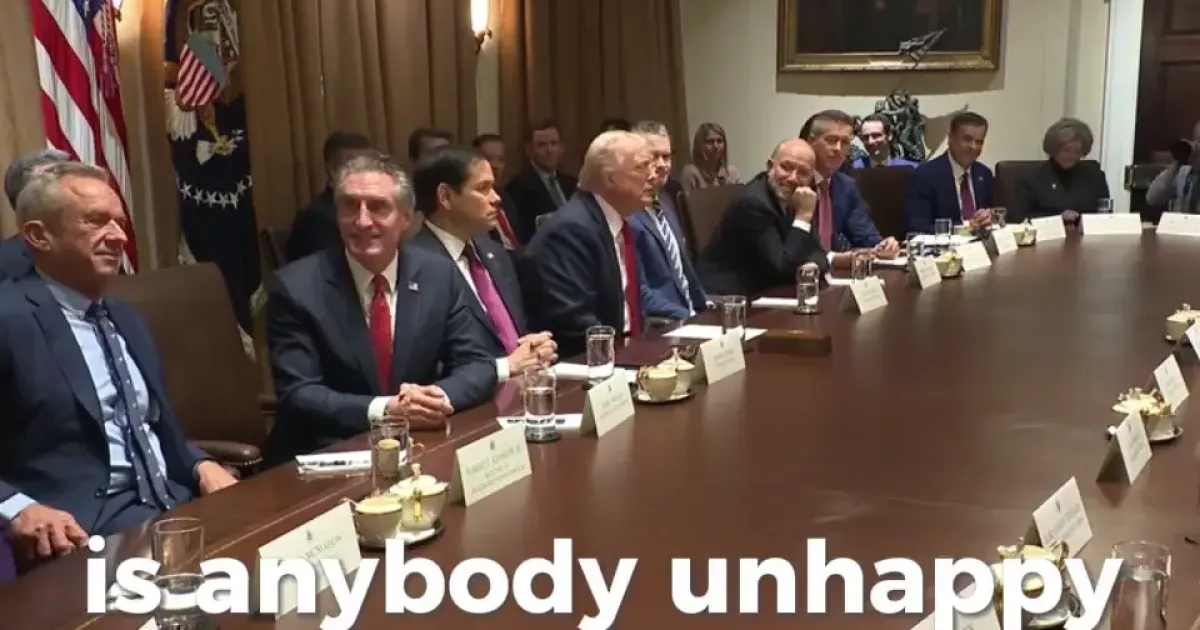
After Mass Firings and Ebola Funding Cut, Trump Asks if Anyone Is Unhappy with Elon – Cabinet Responds with Laughter and Applause
After firing approximately 30,000 federal employees, admitting to accidentally stopping Ebola funding, sending emails to over 1 million federal employees asking them to list their weekly accomplishments, Trump ask is anyone unhappy with Elon and his Cabinet responds with laughter and applause.
#News #ElonMusk #Trump #USA
Read More...

Typer.me App Now Available on the Play Store!
Typer.me is now on the Play Store! Download the app today and start connecting with others in a whole new way. Whether you’re sharing ideas, organizing content, or exploring trending topics, Typer.me gives you the tools to stay engaged. Install now and join our growing community! Read More...
